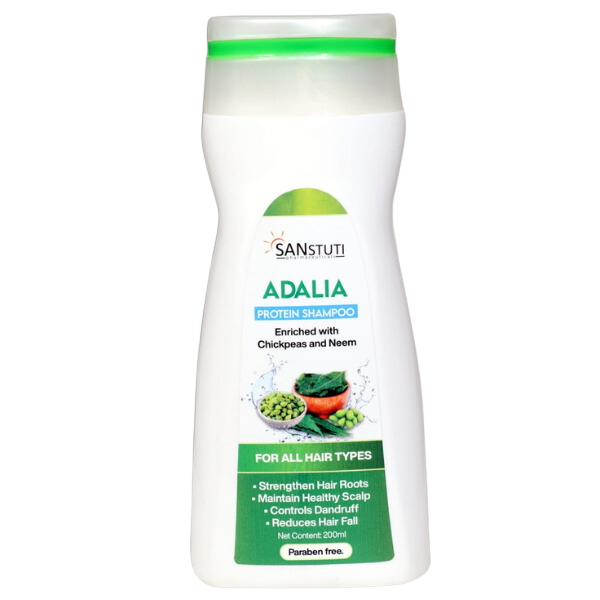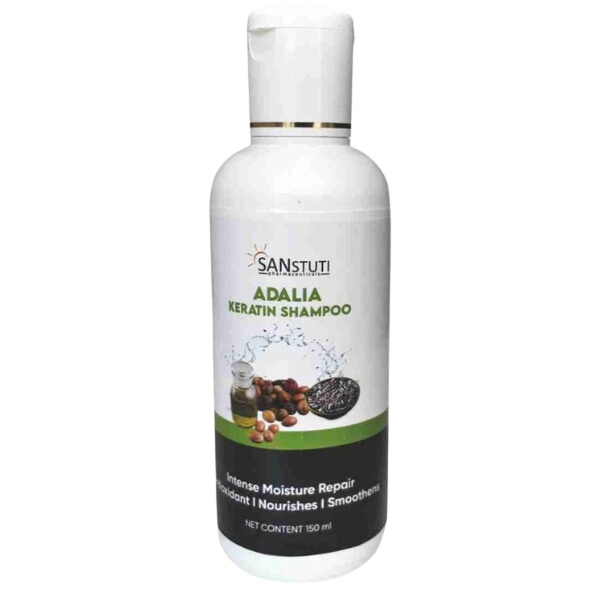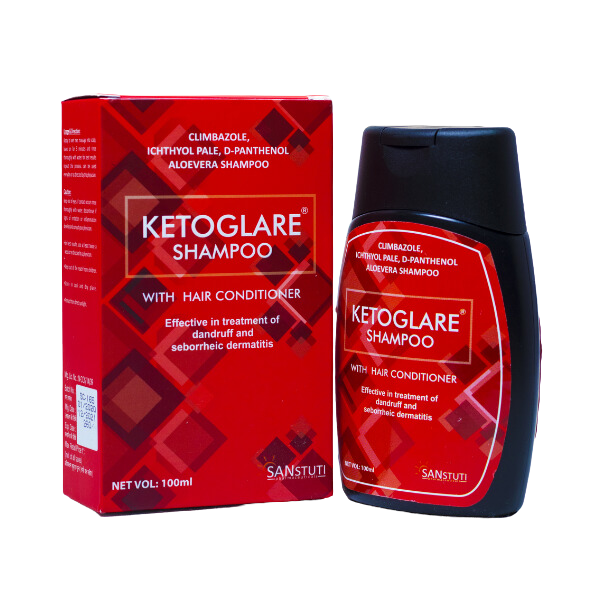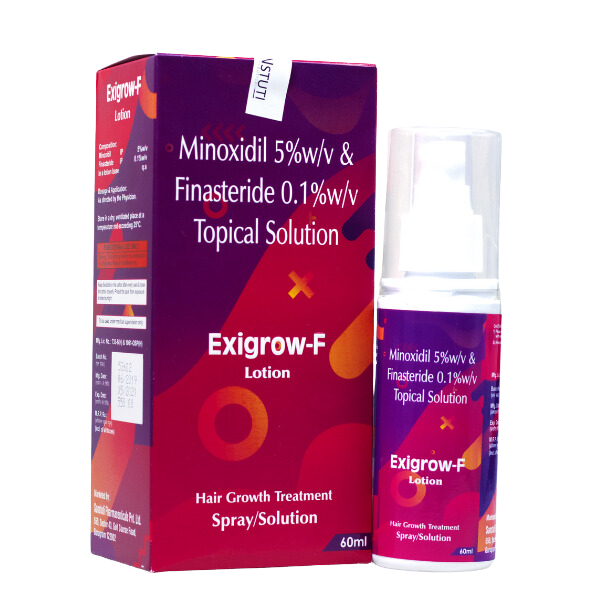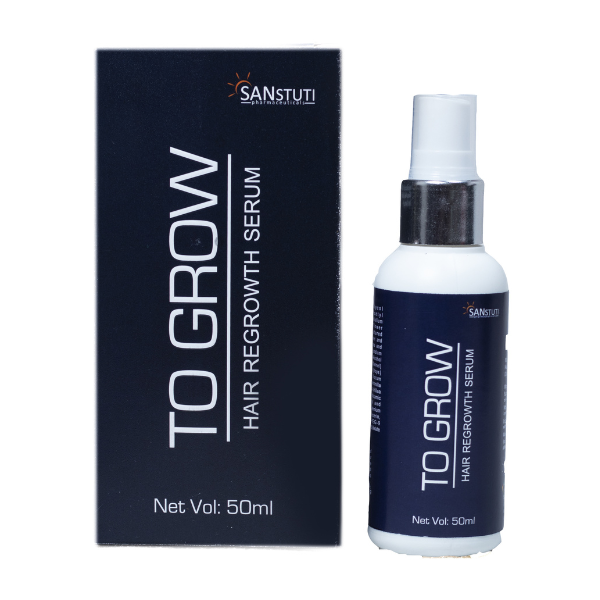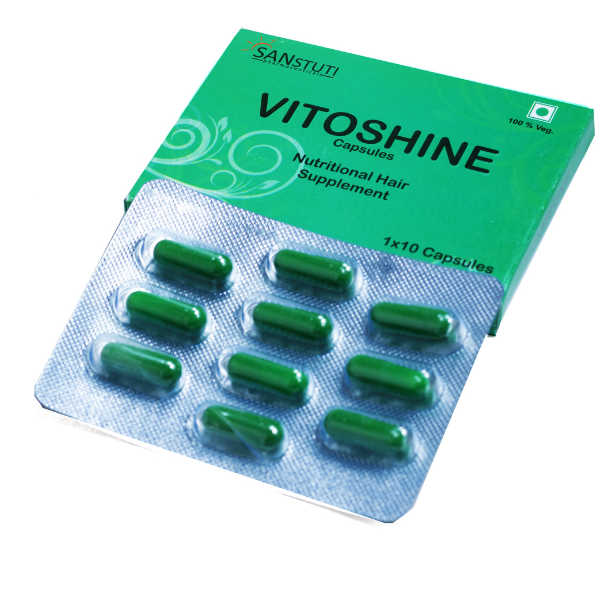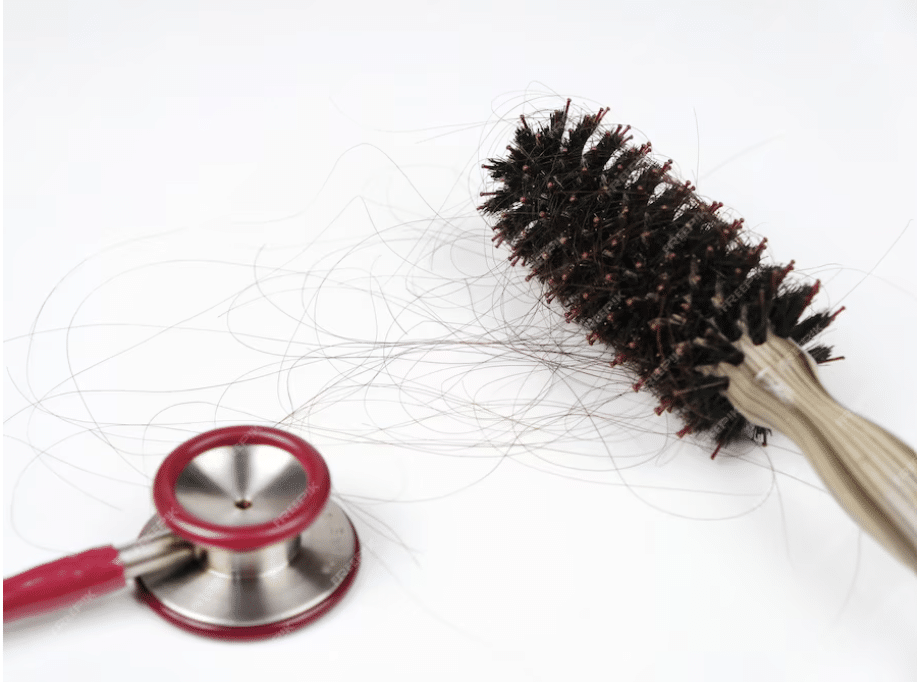Hair fall is a common concern affecting millions worldwide. While it is natural to lose some hair daily, excessive hair fall can be distressing and may indicate underlying health issues. In this comprehensive guide, we’ll explore the causes, solutions, and prevention strategies for hair fall, offering you practical tips to maintain healthy hair
Understanding Hair Fall
Hair fall, also known as hair loss or alopecia, can be temporary or permanent. It affects both men and women and can result from various factors, including genetics, hormonal changes, medical conditions, and lifestyle choices.
Common Causes of Hair Fall
1. Genetics: Hereditary hair loss, also known as androgenetic alopecia, is the most common cause of hair fall. It affects both men and women and is often characterized by a receding hairline or thinning hair on the crown.
2. Hormonal Changes: Hormonal imbalances due to pregnancy, childbirth, menopause, or thyroid problems can lead to temporary hair loss. Androgens, male hormones present in both men and women, can shrink hair follicles and shorten the growth phase of hair.
3. Medical Conditions: Conditions such as alopecia areata, scalp infections, and diseases like lupus can cause hair to fall out. Certain medications used for cancer, arthritis, depression, and heart problems can also lead to hair loss.
4. Nutritional Deficiencies: A lack of essential nutrients like iron, protein, and vitamins can weaken hair and lead to hair fall. Poor nutrition impacts hair health and can cause hair to become brittle and prone to breakage.
5. Stress: Physical or emotional stress can trigger hair loss. Stress-induced hair fall, known as telogen effluvium, usually occurs a few months after a stressful event.
6. Hairstyling Practices: Excessive use of hair styling tools, tight hairstyles, and harsh chemical treatments can damage hair follicles, leading to hair fall.
7. Environmental Factors: Exposure to pollutants, UV radiation, and harsh weather conditions can weaken hair, making it more susceptible to fall out.
Solutions for Hair Fall
Addressing hair fall requires a holistic approach that includes proper hair care, a balanced diet, and, if necessary, medical treatments. Here are some effective solutions to combat hair fall:
1. Healthy Diet: Ensure your diet includes essential nutrients like iron, zinc, biotin, and vitamins A, C, D, and E. Foods like eggs, nuts, seeds, leafy greens, and fish are excellent for hair health.
2. Scalp Care: Keep your scalp clean and healthy. Use mild shampoos and avoid excessive washing. Regular scalp massages can stimulate blood flow and promote hair growth.
3. Avoid Heat and Chemicals: Limit the use of hairdryers, straighteners, and curling irons. Opt for natural hair care products and avoid harsh chemicals that can damage hair.
4. Medical Treatments: Consult a dermatologist for treatments like minoxidil, finasteride, or platelet-rich plasma (PRP) therapy. These treatments can help reduce hair fall and promote hair growth.
5. Supplements: Consider taking hair supplements containing biotin, collagen, and other hair-friendly nutrients. Always consult a healthcare professional before starting any supplement regimen.
6. Stress Management: Practice stress-reducing techniques like yoga, meditation, and deep breathing exercises. Adequate sleep and regular physical activity can also help manage stress.
7. Hair Care Routine: Be gentle with your hair. Avoid tight hairstyles, and use a wide-toothed comb to detangle hair. Protect your hair from the sun and harsh weather conditions.
Prevention Tips for Hair Fall
Preventing hair fall involves adopting healthy habits that support hair growth and overall well-being. Here are some prevention tips to keep your hair healthy and strong:
1. Balanced Diet: Eat a diet rich in vitamins, minerals, and proteins. Include plenty of fruits, vegetables, whole grains, and lean proteins in your meals.
2. Hydration: Drink plenty of water to keep your body and hair hydrated. Dehydration can lead to dry, brittle hair.
3. Regular Exercise: Engage in regular physical activity to improve blood circulation, which nourishes hair follicles and promotes growth.
4. Avoid Smoking and Alcohol: Smoking and excessive alcohol consumption can negatively affect hair health. Quitting these habits can improve hair and overall health.
5. Protect Your Hair: Wear hats or scarves to protect your hair from sun damage and pollution. Use a satin pillowcase to reduce friction and prevent hair breakage while sleeping.
6. Gentle Hair Care: Use mild shampoos and conditioners suited for your hair type. Avoid over-washing your hair and use lukewarm water instead of hot water.
7. Regular Trims: Trim your hair regularly to get rid of split ends and prevent further damage. Healthy ends promote overall hair health.
When to Seek Professional Help
If you experience sudden or excessive hair fall, it’s essential to seek professional help. A dermatologist or trichologist can diagnose the underlying cause of your hair fall and recommend appropriate treatments. They may perform a scalp examination, blood tests, or a biopsy to determine the cause and create a personalized treatment plan.
Conclusion
Hair fall is a multifaceted issue that can be distressing but manageable with the right approach. By understanding the causes, adopting healthy hair care practices, and seeking professional help when needed, you can significantly reduce hair fall and promote healthy hair growth. Remember, maintaining a healthy lifestyle and managing stress are crucial for overall well-being, including hair health. Take proactive steps today to ensure your hair remains strong, healthy, and vibrant.
